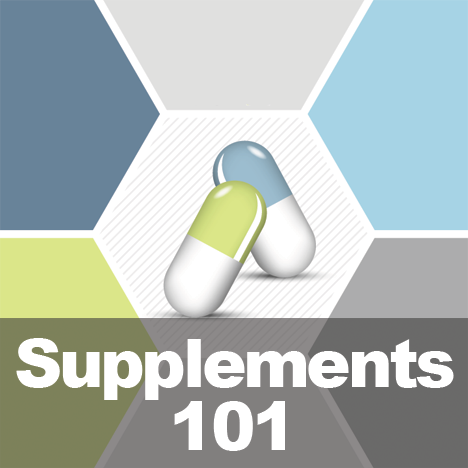
Taking Omega 3 Supplements
Omega 3, aka Omega 3 (polyunsaturated) fatty acids, are as essential to the human body as essential gets. In fact, Omega 3’s are called essential fatty acids because while the human body needs Omega 3, the fact of the matter is that the human body cannot make Omega 3 on its own. In other words, you MUST get your Omega 3’s from outside sources, such as food and Omega 3 supplements. Of course, it would be ideal to get all of your required Omega 3’s from your diet. However, considering modern day diets, let’s just say most of us could stand for some Omega 3 supplements.
One of the peculiarities of Omega 3 is that it must compete with another essential fatty acid – Omega 6 – for metabolic enzymes, which in effect, alter the body’s metabolic function. Getting the proper ratio of Omega 3 to Omega 6 is important for maintaining cardiovascular health – hence the correlation of Omega 3’s with a health heart. If the ratio of Omega 6 to Omega 3 is too high, this could spell trouble. Excessive amounts of Omega 6 fatty acids are highly inflammatory and can cause depression and mental illness.
The fact of the matter is that typical Western diets have a ratio from 10:1 to 30:1 (Omega 6 to Omega 3), while the most salubrious ratio should range from 1:1 to 4:1. The reason why the ratio is too high is largely because of an overuse of vegetable cooking oils (sunflower, corn, sesame, soybean, rapeseed and safflower) and red meat, especially red meat from grain-fed cattle (grass fed cattle has significantly lower Omega 6). Much closer to the ideal ratio, however, is the Mediterranean diet, which has far less red meat and more seafood and vegetables. Of course this doesn’t mean you should go out and start eating a ton of seafood. However, it certainly won’t hurt to eat less red meat (grass fed if you must) and ingest less oils and foods cooked in oils with higher Omega 6 content. Olive and Canola oil have the lowest ratios, while Flaxseed oil actually has more Omega 3 than Omega 6!
So, before you start taking Omega 3 supplements, you need to make sure you are not getting too much Omega 6 in your diet. Getting your diet in order is key to making the most of Omega 3 supplements. And remember, you don’t even have to eat seafood. If you are vegetarian or simply can’t stand the taste of fish, there are plenty of excellent natural food sources and naturally derived Omega 3 supplements.
As mentioned, Omega 3’s have a pronounced impact on the cardiovascular system. But that’s not all. Omega 3 supplements have been strongly linked with brain health, showing a capacity to enhance brain cell membrane capacity, i.e., promoting neuronal growth. Diseases like Parkinson’s, Alzheimers, Schizophrenia and Huntington’s have all been treated with varying success with Omega 3 supplements. Many children with ADD have also responded well to Omega 3 supplementation.
In terms of heart health, there is no disputing the role of Omega 3, which is now even prescribed in ultra-concentrated form (without Mercury) to help people lower bad cholesterol and triglycerides. A study by the American Journal of Health System Pharmacy revealed Omega 3 supplementation helped lower bad cholesterol by over 50% and triglycerides by 45% in patients with higher than average levels.




